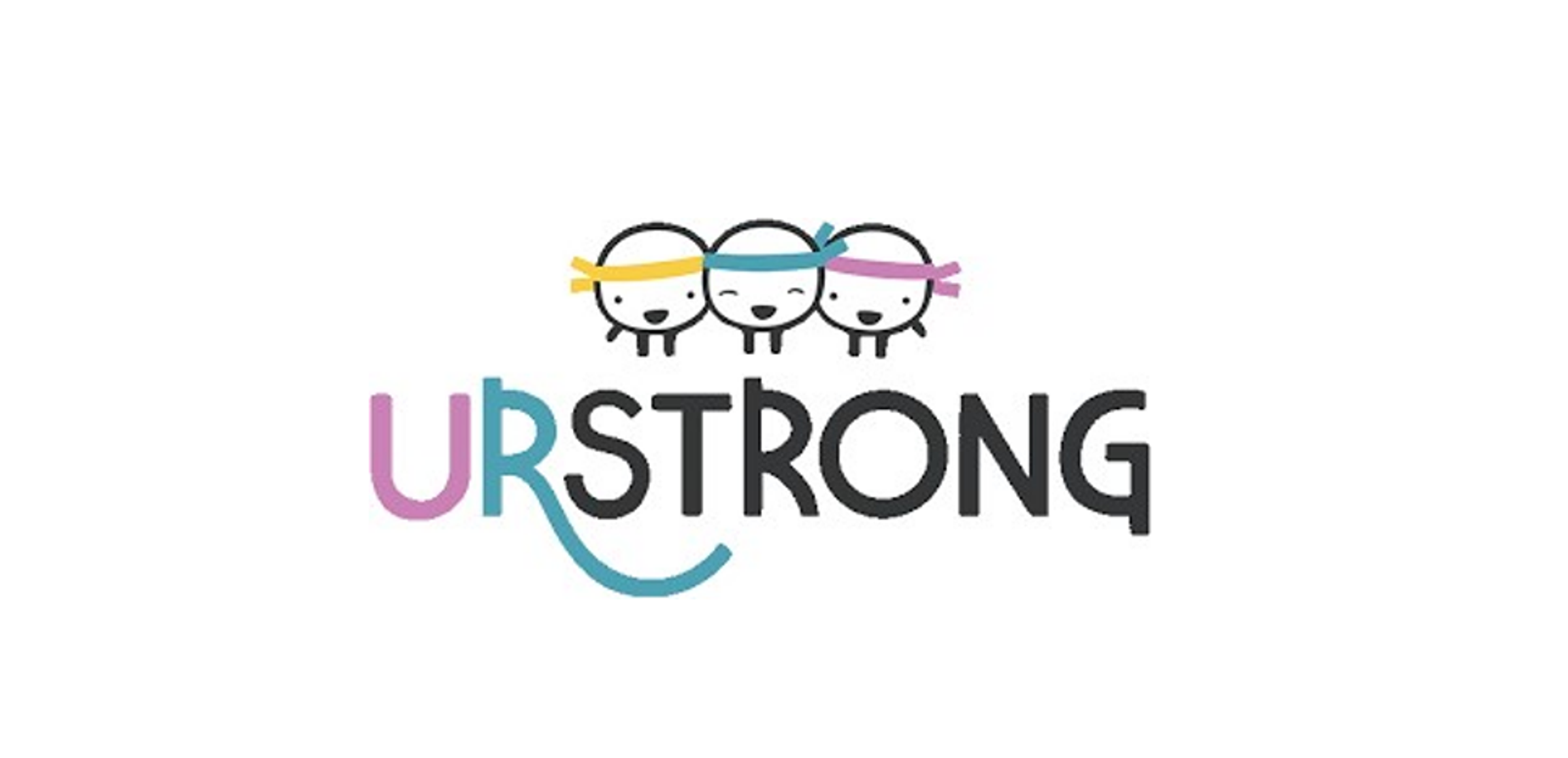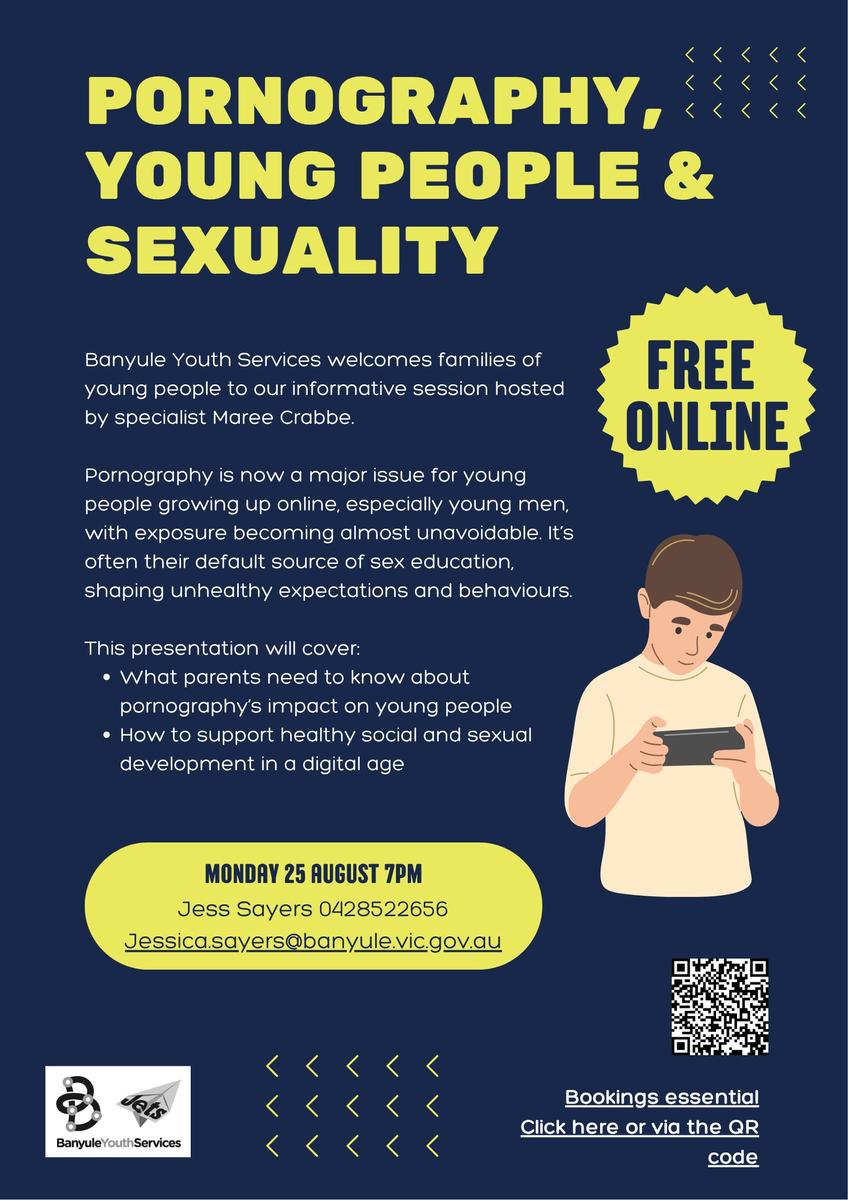Student Wellbeing

Today's Wellbeing page is packed with things for parents. The first is a family activity focusing our Friendship Fires to reinforce our URStrong program. The second is information about a neurodiversity-affirming opportunity for neurodivergent children from the University of Melbourne's Melbourne Speech Pathology Clinic. Finally we share a flyer on on behalf of the Banyule Youth Network about a free online learning opportunity for parents.
Sorting Friendship Fires®
Friendship Fires® can be big or small! Is it a tiny spark or is it a raging bushfire? Help your child put their conflict into perspective.
Key Outcome
Your child will practise putting their conflicts in perspective.
Objective
Sometimes, children feel a little out of control in their friendships and their worries and bad feelings start to feel much bigger than they actually are. This can get in the way of their ability to put out a Friendship Fire®. If they allow their worries to build and grow, sometimes their messy feelings can take over and blow Friendship Fires® way out of proportion. They might start to imagine that their Friendship Fires® are much bigger and harder to fix than they really are.
Thinking this way is called catastrophizing and it can be really unhelpful and keeps children and teens stuck in their negative emotions. Perspective-taking is an important skill to keep Friendship Fires® and other big emotions in check. We want kids to get in the habit of asking themselves, “How big is this Friendship Fire really??”
Practicing realistic thinking helps manage Friendship Fires® more effectively. Keeping things in proportion, where the reaction matches the situation, helps kids take a deep breath, keep a clear mind, and problem-solve…like a Friendship Ninja!
Materials
- Print out: Sorting Friendship Fires
- Pencil
Instructions
There are many different types of Friendship Fires® that all range in strength… From a tiny spark, to a puff of smoke, to a smoldering pile of ash, to a camp fire, a bonfire, or even a raging bush or forest fire!
If you can realistically name the size of your problem and sort out what type of Friendship Fire® it is that you are having, you will know how to manage it more effectively too!
This activity will give you some practice at sorting Friendship Fires® according to their size, ferocity (which means how fierce or strong they are), and put them into perspective. See if you can rank the Friendship Fires in the handout (found in Materials) from biggest to smallest.
Parents, start off by sharing an example with your child of something that you believe would create a small Friendship Fire® versus something that might create a huge Friendship Fire®. What do you do to try to try keep things in perspective when you can feel a Friendship Fire starting to spark?
Materials
- Print out: Sorting Friendship Fires
Pencil
No Printer? Screenshot the friendship fires activity sheet and join them with the mark-up drawing tool.
Next Steps
BFRN = Best Friend Right Now! Why do you think, at URSTRONG, we use the term BFRN instead of BFF? Which Friendship Fact reminds us that 'friendships change…and that’s okay'?
Neurodiversity-affirming, Gaming-Based Social Capacity Program
We’re excited to share a new opportunity available through Melbourne Speech Pathology Clinic for clients aged 8-15 who are already part of our community.
Next Level Collaboration (NLC) is a neurodiversity-affirming, evidence-based social capacity-building group designed for neurodivergent young people. It combines collaborative video gaming with targeted, inclusive coaching. Participants build essential teamwork and communication skills while engaging in structured, cooperative play - an interest-based and enjoyable format that promotes authentic connection.
This program is run by Melbourne Speech Pathology Clinic in partnership with NLC, where clients benefit from a supportive and affirming environment facilitated by experienced clinicians and supervised University of Melbourne Master of speech pathology students.
The group sessions at MSPC will run on the following dates in 2025:
- August 18 & August 20
- August 25 & August 27
- September 01 & September 03
- September 08 & September 10
Time: 4:00pm – 5:30pm
Group Size: 6 children/teenagers
Cost: $99 per session, per child (total of 8 sessions = $792). A deposit of $396 is required to secure a place with the remaining $396 payable on the first session.
Families may access the program using NDIS funding, Medicare, or private payment.
Location: Melbourne Speech Pathology Clinic, Level 1/723 Swanston Street, Carlton.
If you feel this program would benefit your child or someone you know, or for more information, please call 03 9035 7199 or email speech-clinic@unimelb.edu.au.
